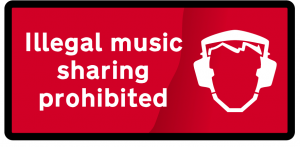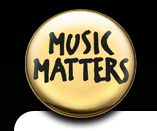
Putting a video together commemorating one of these once-in-a-lifetime occasions is lots of fun and a tearjerker for everybody… until YouTube takes it down because you used music you weren’t supposed to even get near to begin with.
If you want to ensure that isn’t ever happening to you, below you have four legal ways to find music you could use as part of your montage.
1- Creative Commons Licenses
A creative commons license denotes works that the artists have decided to share with the public, while keeping certain rights to themselves.
There are lots of free creative commons audio tracks on the Web. Check these sites out: Jamendo, Danodongs and Incompetech. The first is a repository with more than a quarter million tracks, and the other two are examples of sites created by individual artists.
2- Stock Audio
Much like stock photo libraries, stock audio libraries let people license music for specific purposes. Check iStockphoto to learn about the legalities at play, and to see all the different types of licenses that are available. Continue reading

